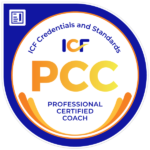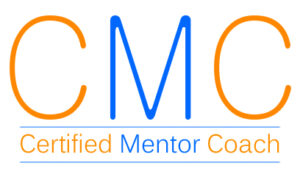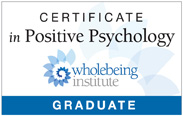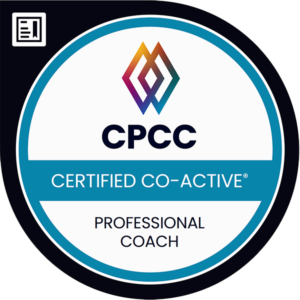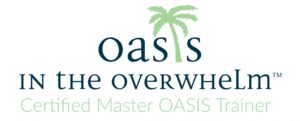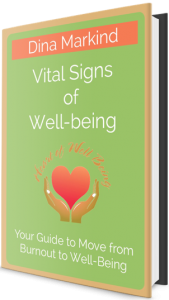I’ve had to develop some strategies for coping over the summer. Mostly because of all that I wanted to do, and the potential overwhelm which often comes along. Coping is thought of in two ways Problem focused and Emotion focused coping. Sometimes one type is enough in a situation and at others both types of coping are called upon.
Health care professionals use problem focused coping strategies regularly. These are used when you believe that something constructive can be done in a situation. You regularly analyze, diagnose and come up with treatment plans. Having a plan of action, including consulting with others is a strong way to cope. So for me, this summer, part of my plan was to write my blogs ahead of time, and post regularly. Additionally, since I was working out of town, on vacation and/or busy with the kids I put my email response to limited access knowing I would only be able to get to a few items. Research has shown that when problem focused coping is used, people experience less depression during and after stressful situations. You’ve probably witnessed this in your own practices, how much planning and taking action helps you and patients feel less helpless and a little happier. Taking the steps I did, I felt less overwhelmed.
There are times when the event or situation goes beyond a solvable problem and emotion focused coping needs to be called upon as well. These include instances when the situation may be uncontrollable or if you are so overwhelmed by negative emotions that you’re unable to take action. Both problem focused and emotion focused coping are essential when you cope with chronic problems. In your work life you may be exposed to others’ problem so much that it takes a toll on you.
Construing benefit in negative life events is a tremendously effective coping strategy. Nietzsche stated “that which does not kill me makes me stronger;” it sounds like the Kelly Clarkson song. Seeing some value or sense of personal growth (post-traumatic growth rather than PTSD) can lead to positive personal transformation. Traumas consist of the disappointments we face as well as the bigger life threatening events we associate with soldiers. We all face little “t” traumas, when someone we love leaves us, loss of a pregnancy, not getting the promotion we worked hard for. Taking on the attitude of “what am I learning,” or “how have I grown from this” enhances our coping. When my mother was dying, I saw how throughout 4 months my siblings and I were coming together and we each had an opportunity to develop ourselves and our relationship with our mom. As hard as it was, it was also a positive experience for all of us, including our mom.
Burn-out is a form of personal trauma which may be slowly creeping into your life, to grow from this experience, contact me.
Here are some ways to enhance you coping abilities to go beyond problem focus.
Social Support – offers new perspectives and strengthens your relationships
Finding Meaning through Expressive writing about past traumatic events helps people come to terms with and make sense of trauma, as well as reduces the frequency and intensity of intrusive thoughts. For specific instructions contact me.
Coping by challenging your thoughts; question your interpretation about the negative event or situation.
For specific support as you work through the negative experiences in your life, contact me. Move from burn-out to Well-being and Revitalize
Dina 203 744-YOU3 (9683)
